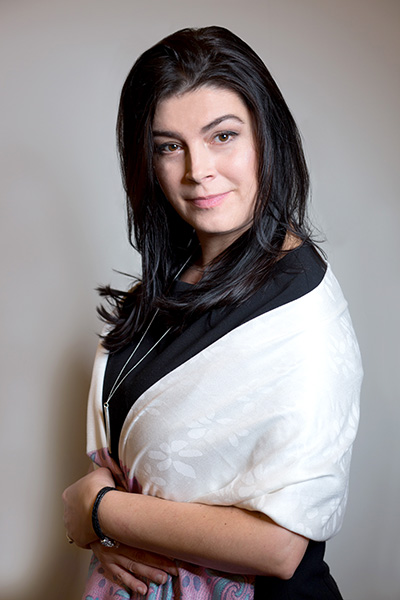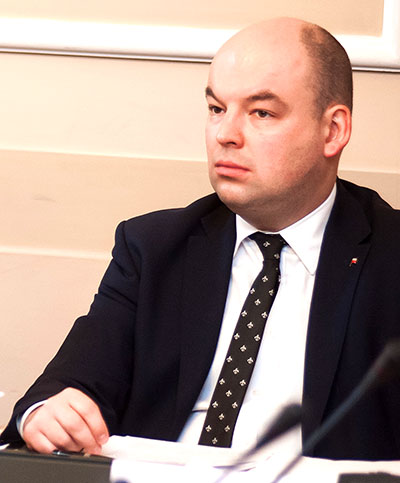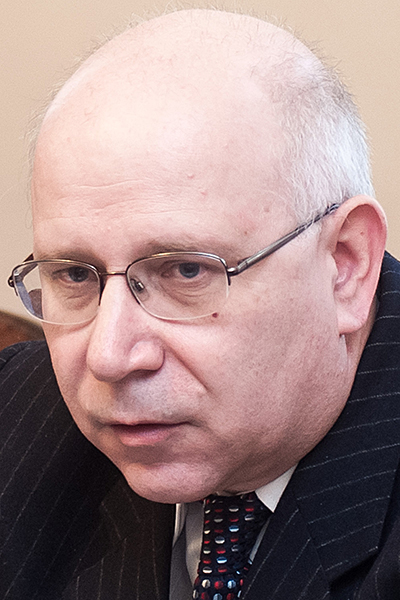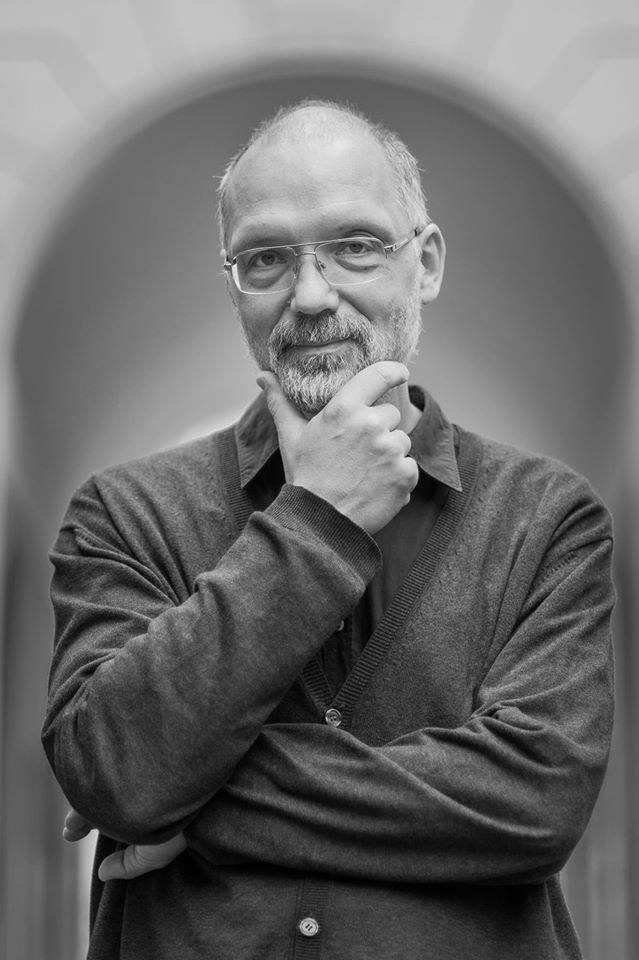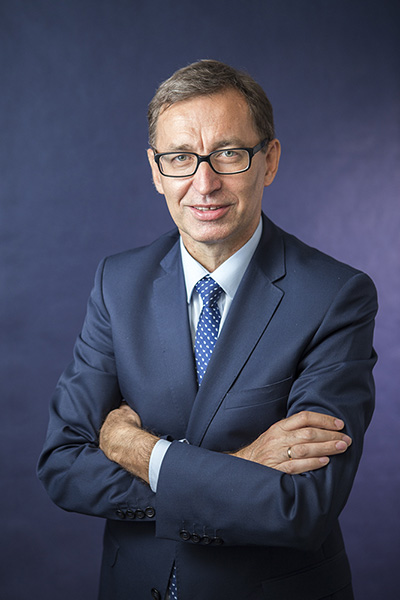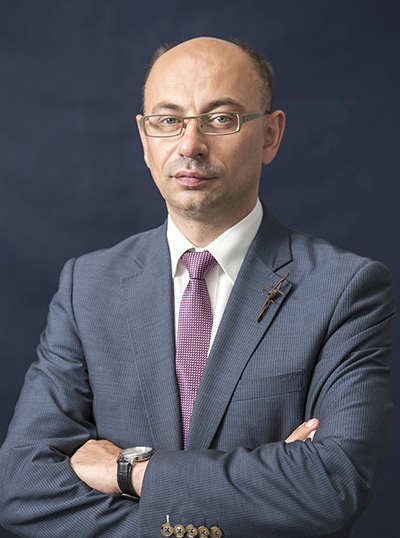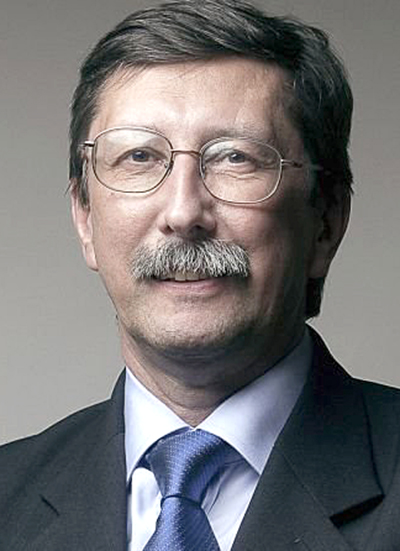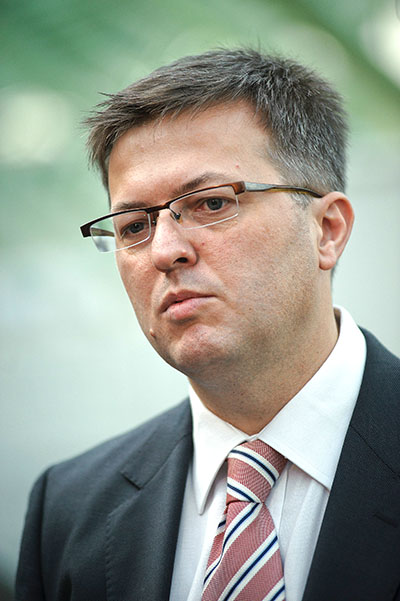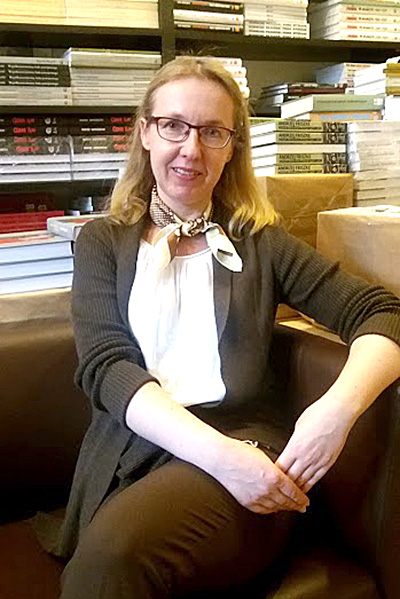
A number of different social circles consider it a blunder to commemorate Polish suffering; they relate this to ignorance or exposure to Polish propaganda.
In conversation with Professor Wanda Jarząbek from the Institute of Political Science, Polish Academy of Sciences, an expert on Polish-German relations in the 20th century.
Poland has paid the ultimate price during World War II. Why has the sacrifice been forgotten so quickly?
Immediately after the war, and even in the 1960s, the world remembered Polish victims, and Poland was knows as a country heavily afflicted by World War II. This started to change gradually in the 1960s. The process continued in the 1970s and intensified in the 1980s. At the same time, the historical policy of Israel changed significantly. Holocaust victims were no longer represented as people who accepted their fate and refused to struggle for survival. The individual stories of their suffering were brought to the fore, and Jewish resistance fighters, e.g. insurgents in the Warsaw Ghetto Uprising, were recognised. A large number of documentaries and feature films were made on the subject, and the Holocaust became an obligatory topic to be covered by textbooks. The German perspective on the past also underwent a major change. When the generation born after World War II entered the political scene, the media, schools and universities, increasingly more focus was given to the suffering of Germany. The German victims of the Nazi regime were brought to the fore, as well as the German victims of the Allied Forces. In the 1950s, a process was launched in West Germany to collect testimonies from people who were forced to leave former eastern territories of Germany; they were evacuated, fled against the advancing Red Army or resettled, either illegally or based on the decisions from the victorious powers. A new term and a heavily charged emotionally one at that, i.e. “expulsion”, was coined. Little to no effort was made to point out that the decision to “transfer” (this term was often used that time) these people came from the Great Four, the three of which became the allies of West Germany after the war. Over time, more focus was given to civilians who died in air raids and carpet bombing.
In Communist Poland, the accounts of World War II were heavily laden with ideology. Cold War realities and Communist rule in Poland made it impossible for Polish research to enter the global arena. Only few Polish film productions and literary works managed to win international recognition. In the 1990s, Polish researchers focused on the issues that were previously prohibited, i.e. the fates of Poles Polish people in the East (i.e. in the Soviet Union). We failed to realise that Polish people were no longer represented as victims of Nazi Germany but as passive witnesses or those who were complicit in the Holocaust or benefited materially from the genocide and mass resettlements. As we remained mute, people in the West were exposed to entire new narrative in schools, films and the media.
What is the current perception of Poland and its role during World War II?
There is a widespread belief in the West that Polish people want to be treated like victims, whereas according to popular knowledge they are described as – or sometimes even primarily as – perpetrators. A number of different social circles consider it a blunder to commemorate Polish suffering; they relate this to ignorance or exposure to Polish propaganda. For many, Poland is not the first victim of World War II but the country that was complicit in the criminal policies of Germany. We are now represented as a nation that put little to no resistance to Germany and shared Nazi ideology, including anti-Semitism and hostility to parliamentary democracy. A number of textbooks describe Józef Piłsudski solely as one of the authoritarian leaders or even a dictator and put him nearby Hitler and Mussolini. A lot of focus is given to Polish fascism, which is the Communists’ doing, who used the term to derogate their political opponents. In Western perceptions, Polish people as a nation complicit in the German-instituted genocide repressed those actually collaborated on a massive and organised scale with Germany, e.g. Latvians and Ukrainians.
Why does this image of Poland have so little with the facts?
Curricula in the West pay little attention to Poland, and the image of World War II is often based on mass culture instead of hard facts and academic research. Mass culture perpetuates a lot of myths about our country. The same goes for documentaries, including well known Shoah, which represents Polish people as the beneficiaries of the Holocaust because after the war they started to live in Jewish homes for example.
Additionally, what we call competition for suffering entered a completely new dimension. Little is said about hard facts while more focus is given to a variety of narratives, including accounts from civilians. Since we share the same response to human suffering, the accounts of the victims are given the same value regardless of whether they come from the nation of the perpetrators or the nation of the victims. This is why it is increasingly difficult to break through with our Polish narrative about World War II in the West.
Naturally, it is possible to change this distorted and usually negative image of Poland, but this requires hard and systematic efforts. However, we actually do very little to change it. Even in the academia, a lot of distortions or falsifications are not rectified. Many of the books and articles published in the West circulate a simplified image of Polish attitudes during World War II. I cannot recall any Polish author who would review these publications. Moreover, it is difficult not to notice that historical curricula in Poland began to adopt information and priorities from textbooks published in the West.




